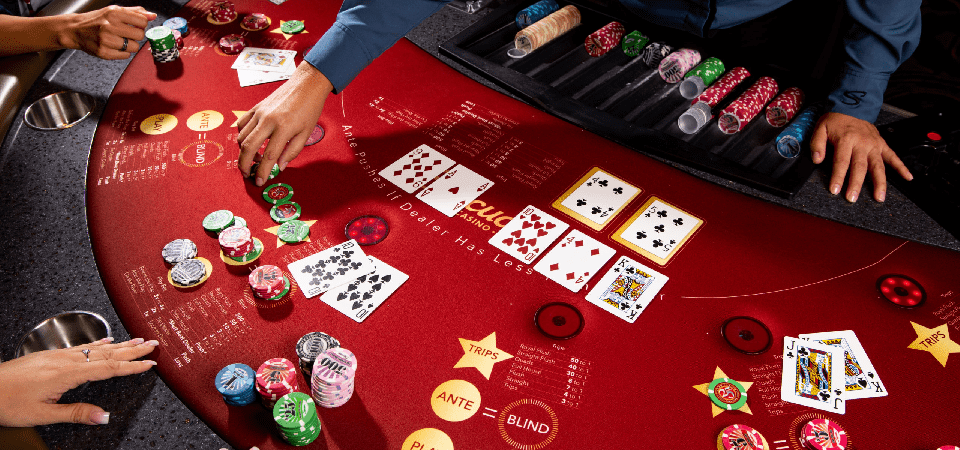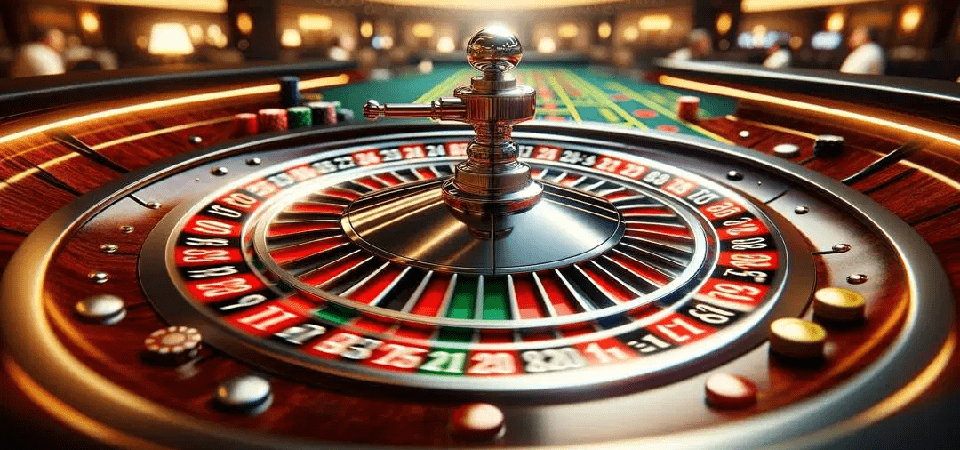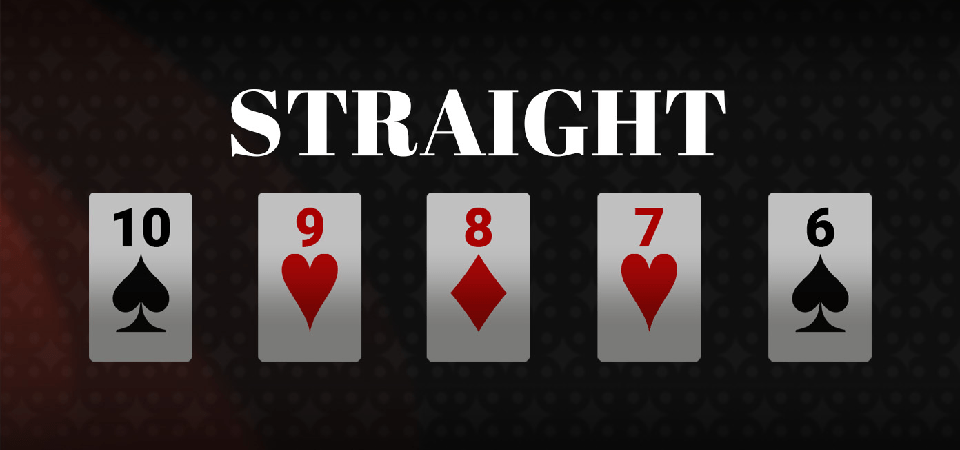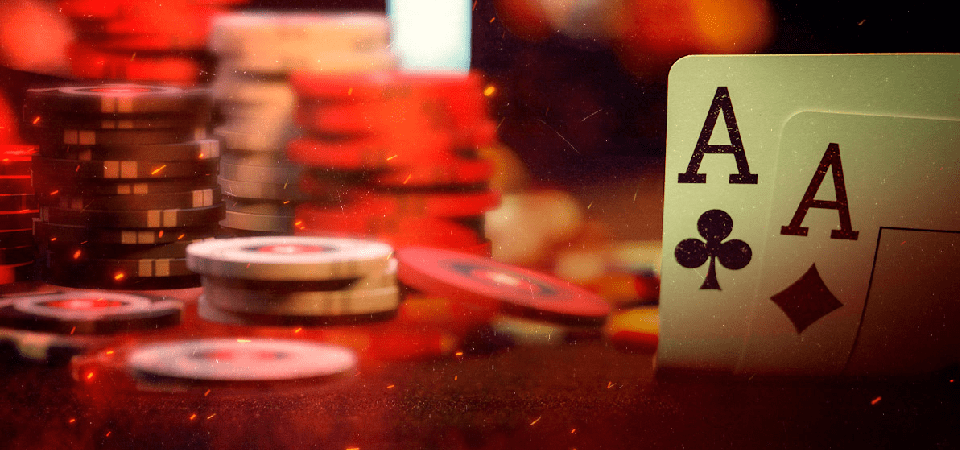
The Only Blackjack Strategy Guide You Will Ever Need
Whether you're new to blackjack or just need some advice, this in-depth guide covers the fundamentals of the game and winning techniques.
With good reason, blackjack is one of the most played casino games worldwide. Almost everyone can play this reasonably simple card game, which is fast-paced and entertaining. All you need to do is get your hand worth closer to 21 than the dealer, without going over.
You can win large too, if you have a little ability. It's one of the casino games with the highest odds of winning even without a betting plan. You're competing against the dealer alone, not other players, in addition to the low house edge (less than 1%).
If you're new at blackjack or just need some advice, continue reading this in-depth guide. We'll go over all the information you require to win the game as well as the winning tactics.
Blackjack's Past
There is substantial disagreement regarding the origins of blackjack, commonly referred to as "21." Some claim that the Romans invented the game using painted wooden blocks in place of playing cards. Others claim that it was formerly known as "Vingt-et-Un," which translates to "21," and that it initially appeared in French casinos around 1700.
In the 18th century, the game was introduced to America by French colonists, and it quickly gained popularity there. It was a popular game in the gambling parlors of Louisiana. After several centuries, the game changed to become blackjack, which is now one of the most popular card games worldwide. The reason for the name change is an additional payout in a later iteration of the game that is awarded when the ace of spades is dealt to a black jack, either a jack of clubs or a jack of spades. Even though these additional payouts are no longer typical, the term "blackjack" endured.
The game is still played today in casinos all over the world, from Monte Carlo to Las Vegas. Additionally, as internet casinos proliferate, blackjack's appeal expands into the virtual sphere.
How Is Blackjack Played?
It is not hard to pick up the game of blackjack if you have never played it before. Although there are variations of the game, blackjack generally follows a very simple set of rules. In essence, you're playing against the dealer, and your goal is to outscore them while you both attempt to get your card values as near to 21 as you can without going over. The game can be played as single-deck blackjack, using a conventional 52-card pack, or with multiple decks, depending on where you are playing. Prior to the cards being dealt for each hand, you will place your wager.
Once bets are placed, the dealer will provide one card from the deck face up for each blackjack player, moving clockwise around the table. They deal themselves one face-up card last. They then deal each player a second face-up card before dealing themselves a face-down card (known as the “hole card”). So, on the table, each player has two face-up cards to start and the dealer has one face-up card and one face-down card.
Players must determine whether they have a natural blackjack before the game begins. A natural blackjack is a hand valued at 21 on the first deal, which means you have an ace and a card worth 10 points, which might be any face card or a 10. A player will be payment 1.5 times their wager if they have a natural blackjack. You lose the hand if the dealer has a natural blackjack; if it is the same for both of you, it is a tie. You return your chips and receive no more winnings.
The game starts if no one has a natural blackjack. The player on their left will be dealt to first by the dealer. Players must decide whether to "hit" or "stand" as they try to get their hand's valuation to 21 (without going over). You can indicate that you want to stop receiving cards by taking a stand. However, you are asking for another card to increase the value of your hand when you ask the dealer for a hit. You have a "bust" if you are older than 21. If you bust, if the dealer has a hand worth more than yours but not more than 21, or if they have a natural blackjack from the start and you don't, the dealer wins.
A unique value is provided to each card as you attempt to reach 21. The values of cards 2 through 10 are as indicated on the card (for example, a 2 card is worth 2 points). As you play, you get to decide if an ace is worth one or eleven points. The value of each face card—the jack, queen, and king—is ten points.
The dealer takes the wheel after each player has played their hand. They flip over their face-down card, and they have to stand if their score is 17 or greater. For hands worth 16 points or less, they have to take cards until they hit at least 17.
What Are the Blackjack Winning Odds?
Due to its tiny house edge of less than 1%, blackjack offers some of the greatest chances of any casino game. Whether you play blackjack online or in person, this house edge, sometimes referred to as the house advantage, is essentially the same.
To defeat the dealer while you both attempt to produce a hand that is equal to or greater than 21 is the aim of the game, remember. You have the same chance of busting as the dealer does. The likelihood of either of you busting is actually 33.15%.
When constructing a blackjack hand, it's critical to consider your chances of creating a valuable hand without going over 21. 14.61% of the time, you will get a hand valued at 17, 13.87% of the time, an 18, 13.27% of the time, a 19, 18.12% of the time, a 20, and 6.99% of the time, a 21. In the game, these are some of the most prized hands.
Effective Blackjack Techniques
After you have a firm grasp of the blackjack rules, you may desire to advance your gameplay. Here are some pointers and fundamental techniques to help you get better at the game.
Know Your Time When to Hit, When to Stand - When playing blackjack, it takes skill to recognize when to hit and when to stand. You should hit if you are handed cards that total 8, 9, or 10, as these numbers improve your chances of constructing a strong hand that is near to 21. You ought to stand if the total on your hand is 17, 19, or 20. With this hand, you're probably going to bust, which is an immediate loss, if you ask for a hit.
Take into Account the Dealer's Up Card - Your dealer's face-up card will influence the decisions you make for your own hand. If they are handed a good card, such as an ace, face card, 9, 10, or 7, you should keep hitting until your own hand is worth 17 or more. It should be your aim to cease drawing cards after you reach 12 or above if the dealer has a lower or less desirable card, one that will make it harder to reach 21. The dealer is less likely to beat you, and you run the risk of busting if you keep drawing. However, in this case, you'll be hoping that the dealer breaks.
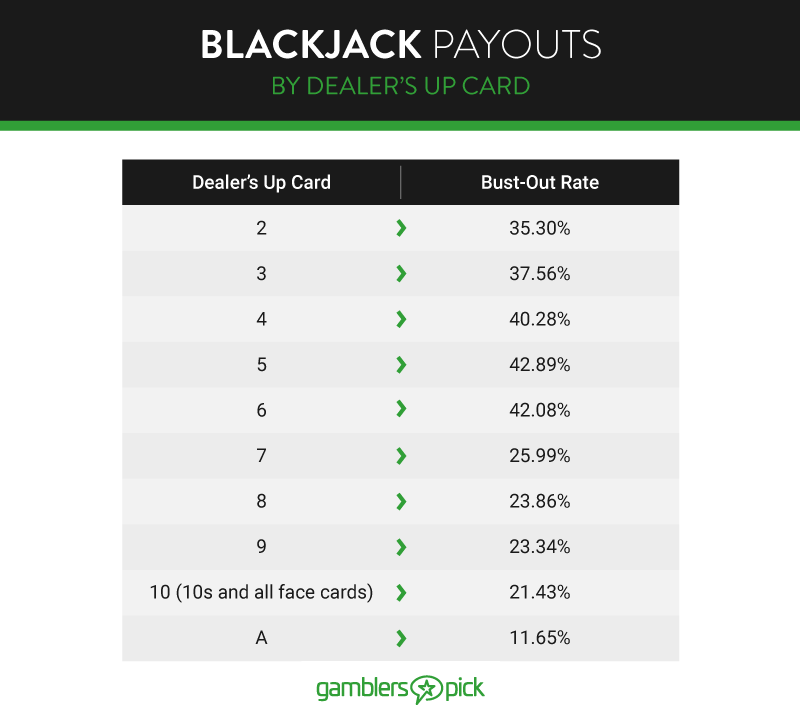
Split Pairs - You can divide your original hand of two identical cards or 10-point cards into different hands. You will be dealt two fresh face-down cards, one for each of your new hands, if you want to do this. Regarding the wager itself, one of your hands will get the initial wager. It will be necessary for you to wager twice on your fresh hand. You will play each hand one at a time, starting with the hand on your left, when the new bet is set. You'll choose whether to strike as you would with a regular hand or to stand. After that hand is finished, you will play your second hand. However, just because you can split up doesn't mean that's the wisest course of action. It is best to split a pair of aces or eights if you have them. However, instead of splitting your two 5 or 10 cards, think about doubling down with them. Similarly, if you draw two 4s at first, you should save them because an 8 is a favorable number to start with. Whether or not to divide also depends on the dealer's cards. Cards that are drawn in sets of two, three, or seven can frequently be split. Refusing to divide them if the dealer holds an ace or a face-up 8, 9, or 10 card is a sound basic approach. Also, you should only split a pair of sixes in the event that the dealer has been dealt a two, three, four, five, or six card.
Double Down - You may want to consider doubling down, which is betting twice as much as you initially bet, if the sum of your first two cards is 9, 10, or 11. The dealer will then deal you just one more card, which will stay face down on the table until the hand is over. Experts recommend that if your hand totals eleven, you should always double down. When you are dealt a hand valued at 10 or 9, there are a few exceptions. If the dealer's face-up card is an ace or a 10 card, do not double down if your hand is worth 10 points. You should only double down if the dealer shows a card for two to six points if your starting hand is worth nine.
Use Your Aces - You could be handed a variety of card combinations. It's a "soft hand" if you get an ace (unless it's coupled with a 10 card). Being a versatile card, this ace can be valued as either an 11 or a 1. In other words, you are free to assess its value and make use of it while deciding whether or not to request a hit. You should still think about hitting if your soft hand totals a strong number, like 16. If you hit on a soft hand, you can use the versatility of the ace to produce a stronger, higher-valued hand that advances you to 21.
Avoid Chasing the Insurance Bet - It is possible to place a "insurance bet" or "even money" if the dealer's face-up card is an ace. You can now wager up to half of what you originally wagered. You are placing a wager that the dealer has blackjack if their face-down card is a 10 or a face card. Double your insurance bet will be paid out if they actually have blackjack. It is, however, a largely meaningless wager that is not advised by experts. It is not advised to place an insurance bet when you have a high-value hand because the payout on these bets is only 2 to 1. However, there is less probability of winning this insurance bet than there is that the dealer will have blackjack. It would only be advantageous to you if you are certain that there are several cards worth ten that haven't been dealt yet.
Is It Time for You to Play Blackjack?
Why not choose an online casino and give the game a try now that you know the fundamentals of blackjack as well as a few tips to improve your chances of winning? One of the easiest games to play online for beginners, you'll get even more enjoyment out of it if you know a few tips and tactics. Since there's less pressure than at a live table with strangers, playing online in a computer simulation is also the greatest method to get started in the game.
